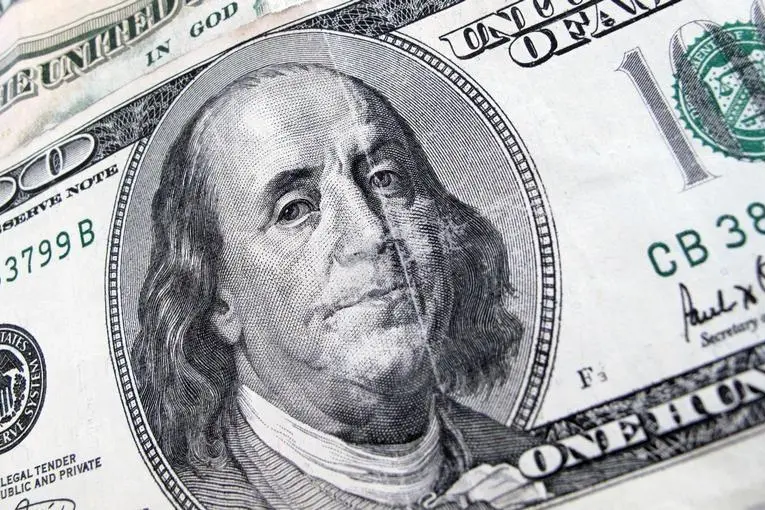PHOTO
LONDON - The dollar was steady against the euro and yen on Monday, as U.S. debt ceiling negotiations were set to resume and after Federal Reserve Chair Jerome Powell indicated he favours a meeting-by-meeting approach when it comes to future policy moves.
The greenback was down 0.1% at 137.85 yen to start the week, having snapped a six-day winning streak on Friday, pulling back from a six-month peak.
The euro was little changed $1.0805, having hit a seven-week low of $1.0760 on Friday.
Investors are now waiting for a key meeting between U.S. President Joe Biden and House Republican Speaker Kevin McCarthy to discuss the debt ceiling on Monday, after a phone call on Sunday that both sides described as positive.
Analysts said optimism over the debt limit was supporting the dollar.
"Friday there was a bit of a setback but there's a bit more optimism after the weekend," said Francesco Pesole, FX strategist at ING, citing the phone call between Biden and McCarthy.
"Markets are seeing a deal on the debt limit and at the same time the Fed pushing back on rate cuts which is ultimately proving positive for the dollar."
Fed Chair Powell told a central bank conference in Washington on Friday that tighter credit conditions mean "our policy rate may not need to rise as much as it would have otherwise to achieve our goals", although he reiterated that decisions would be made "meeting by meeting".
"Ultimately, the take away from Powell is if data suggests there is more need for tighter policy I don't think Powell would be against it," ING's Pesole said.
Money market traders have pared back bets for a hike on June 14 to around 17%.
The dollar index, which measures the greenback against six other major currencies, was up 0.2% at 103.20, hovering well below last week's high of 103.63, a level last seen on March 20.
Westpac strategist Sean Callow projects the index could drop toward 101 in coming days or weeks, "especially given ongoing ECB resolve on inflation".
European Central Bank President Christine Lagarde said on Friday officials need to "buckle up" for "sustainably high interest rates" in order to achieve its price target.
Elsewhere, sterling fell 0.2% to $1.2425, after hitting a three-week low of $1.2392 on Thursday.
The Aussie was down 0.3% at $0.6631.
The New Zealand dollar dropped 0.2% to $0.6265, with traders ramping up bets to 1-in-3 for a half point hike by the Reserve Bank on Wednesday.
The Chinese yuan weakened to 7.0435 per dollar in offshore trading, creeping back toward Friday's six-month low of 7.0750.
The currency has been under pressure on growing signs the country's post-COVID recovery may already be petering out, but got some respite on Friday after the People's Bank of China pledged to curb large exchange rate fluctuations.
"Despite these warnings, the PBOC may favour short term CNY underperformance ... to help provide some stimulus," TD Securities strategist Mitul Kotecha wrote in a note.
"Overall, while markets may now be a little more wary of pushing the CNY lower, we think the CNY will largely track the USD in the short term."
(Reporting by Samuel Indyk in London and Kevin Buckland in Tokyo. Editing by Kirsten Donovan)





















